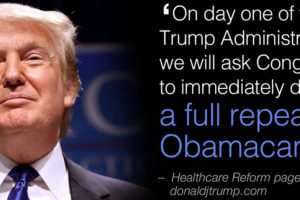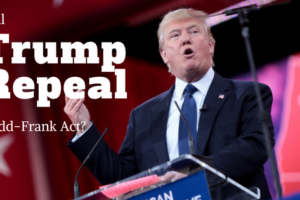Today, I received a thought provoking inquiry from a good friend – Does higher taxes always lead to a loss of small business jobs? Conservatives routinely use this argument, so my friend wanted to know if the statement was valid.
Governments are responsible for providing the community with quintessential services and infrastructure – quality education, an efficient network of roads, mental health support, public protection, and programs that are devoted to economic development. The responsibilities of government are critical to our community and require support through tax revenue from individuals and businesses. Challenges emerge when government attempts to expand services and raise taxes to pay for the myriad of programs that are cooked up by elected leaders. Unquestionably, healthy communities are created through a harmonious relationship between the public and private sector.
Higher taxes poison the private sector’s efforts to generate long-term economic growth. I will share an example to help you better analyze my point … I want you to imagine that I own a widget factory. My company manufactures and sells $2 Million in widgets annually. My net profit margin is 20% or $400,000. The majority of small businesses are incorporated as S-Corps or LLCs, so they pass net profits through to the owner’s tax return. Therefore, my tax liability could easily reach 40% when you combine federal and state income tax rates. I would lose a large portion of my income in taxes.
Let us take the example further…
Unexpectedly, tax rates are raised at the federal and state level to support falling tax revenue or higher demand for services, so my combined rate moves to 50%. Bear in mind that I have fixed personal expenses – mortgage, auto, food, child’s tuition, etc. I will need to earn more income to maintain my standard of living, which I can do easily by increasing the net profit margin of my widget factory through a reduction in fixed expenses. Typically, companies boost profits by cost cutting, and payroll/benefits on average make up two-thirds of operating expenses. I might decide that I can make an immediate impact to my bottom-line by firing some people or reducing their hours. I could terminate contracts with vendors to reduce expenses, but surely that has an indirect impact on other small businesses and their workforce. Lastly, my shrinking profit margin as a result of higher taxes will disincentive capital investments, such as buying a new building, purchasing updated equipment, and expanding technology – further reducing the indirect economic impact of my widget factory.
Small business produces around two-thirds of all jobs in America, so costs that are burgeoning from excessive regulation, higher taxes and fees will invariably harm long-term economic development and restrain job growth. Small government that focuses on essential services and responsibilities can manage expenses aggressively, which reduces the need for higher taxes. The public and private sector must unite, balance their needs, and strive to mutually benefit the community.




